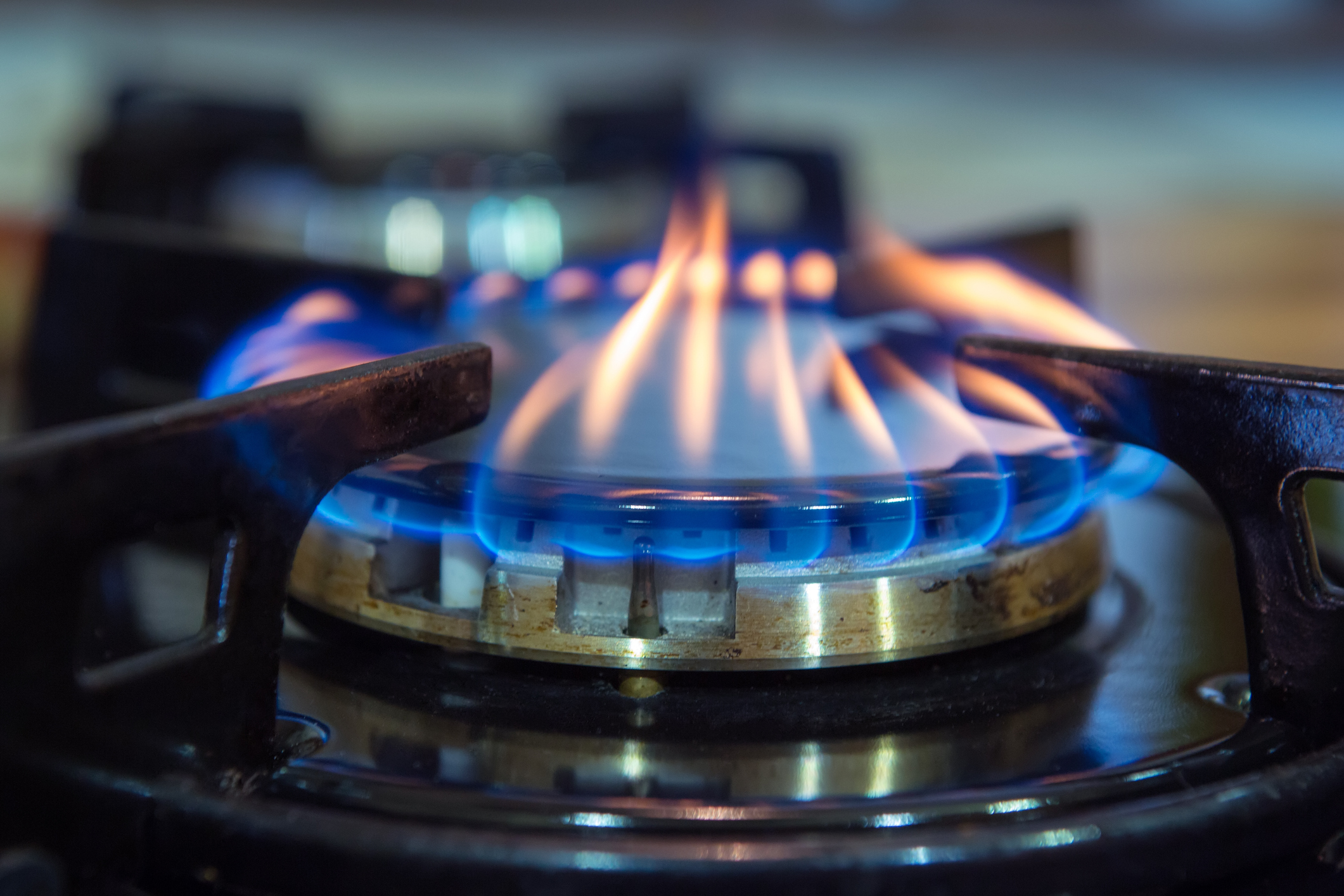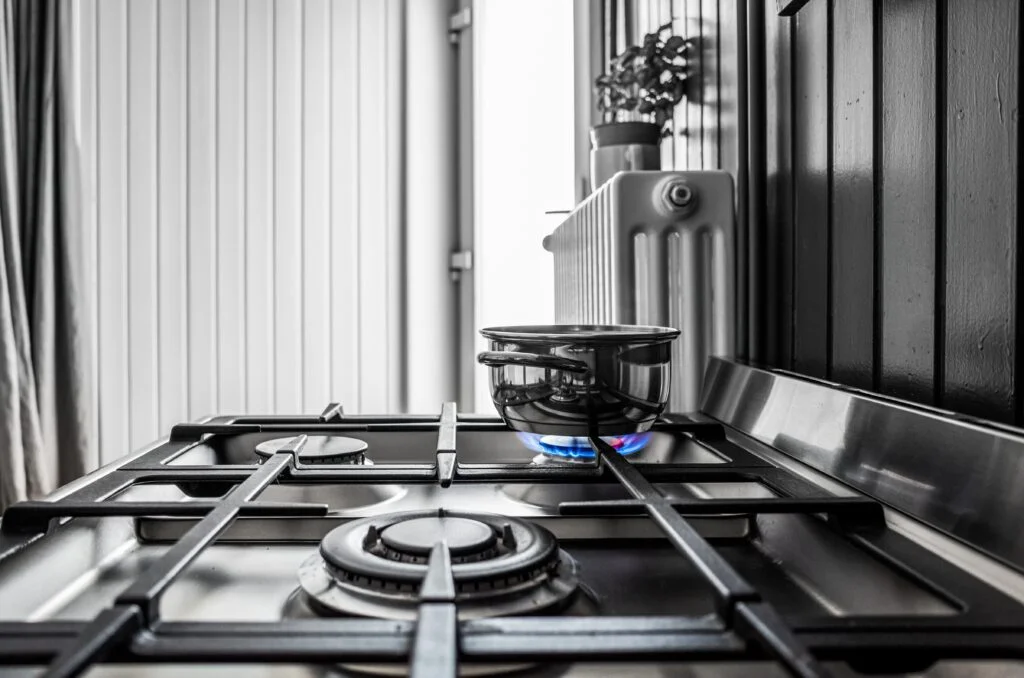Gas stoves have become popular for many households due to their efficiency, cost-effectiveness, and cooking precision. However, installing a gas stove requires careful consideration and adherence to safety protocols to ensure smooth operation and minimize risks. In this guide, we will delve into everything you need to know about gas stove installation, from the importance of professional installers to key considerations during the process.
Why Professional Gas Installers Matter:
Gas stove installations are not DIY projects. It’s crucial to enlist the services of professional gas installers who are certified and experienced in handling gas appliances. These professionals have the necessary knowledge, skills, and equipment to ensure the installation is done correctly and safely. Installing a gas stove without proper expertise can lead to serious safety hazards, including gas leaks, carbon monoxide poisoning, and even fires or explosions.

Choosing the Right Installer:
When selecting a professional gas installer for your gas stove installation, it’s essential to do your research and choose a reputable and licensed company. Look for installers with a proven track record of successful installations and positive customer reviews. Additionally, ensure that the installer is certified and licensed by relevant authorities to perform gas installations in your area. Hiring a qualified installer may cost more initially, but it provides peace of mind knowing that the job is done safely and up to code.
Assessment and Preparation:
Before the installation begins, the gas installer will thoroughly assess your kitchen to determine the best location for the gas stove. Factors such as proximity to gas lines, ventilation, and clearance space will be considered to ensure compliance with safety regulations. Any existing gas lines or connections will be inspected for leaks or damage and repaired if necessary to prevent potential hazards.
Installation Process:
The installation process can begin once the assessment is complete and all necessary preparations are made. This typically involves connecting the gas stove to the existing gas line, installing the gas regulator and shut-off valve, and ensuring proper ventilation. The installer will follow manufacturer guidelines and local building codes to ensure the installation is done safely and correctly. Additionally, they will conduct thorough testing to check for leaks and ensure the stove is functioning properly before installation.

Safety Measures:
Safety is paramount when it comes to gas stove installations. Professional installers take various safety measures to minimize risks and ensure the safety of occupants. This includes using high-quality materials and components, conducting pressure tests to check for leaks, and providing proper ventilation to prevent the buildup of gas fumes. Installers also educate homeowners on safely operating and maintaining their gas stoves to prevent accidents and emergencies.
Compliance with Regulations:
Gas stove installations must comply with local building codes and regulations to ensure safety and legality. Professional gas installers are well-versed in these regulations and ensure that installations meet all requirements. This includes proper venting, clearance distances from combustible materials, and installation of safety features such as gas shut-off valves and carbon monoxide detectors. By adhering to regulations, homeowners can avoid fines and penalties and ensure that their gas stove is installed safely and legally.
Regular Maintenance and Inspections:
Once the gas stove is installed, it’s essential to schedule regular maintenance and inspections to ensure continued safe operation. Professional gas installers can provide maintenance services such as cleaning, checking for leaks, and inspecting gas lines and connections. Additionally, homeowners should be vigilant for any signs of malfunction or damage and promptly contact a professional if issues arise. By staying proactive with maintenance, homeowners can prolong the lifespan of their gas stoves and minimize the risk of accidents or breakdowns.
Conclusion:
Gas stove installations require careful planning, expertise, and adherence to safety protocols to ensure safe and efficient operation. By enlisting the services of professional gas installers and following proper procedures, homeowners can enjoy the benefits of their gas stove with peace of mind. From initial assessment to regular maintenance, prioritizing safety throughout installation is essential for a successful and worry-free experience.






